In order to effectively advocate, CMEP believes first we must educate ourselves and our communities.
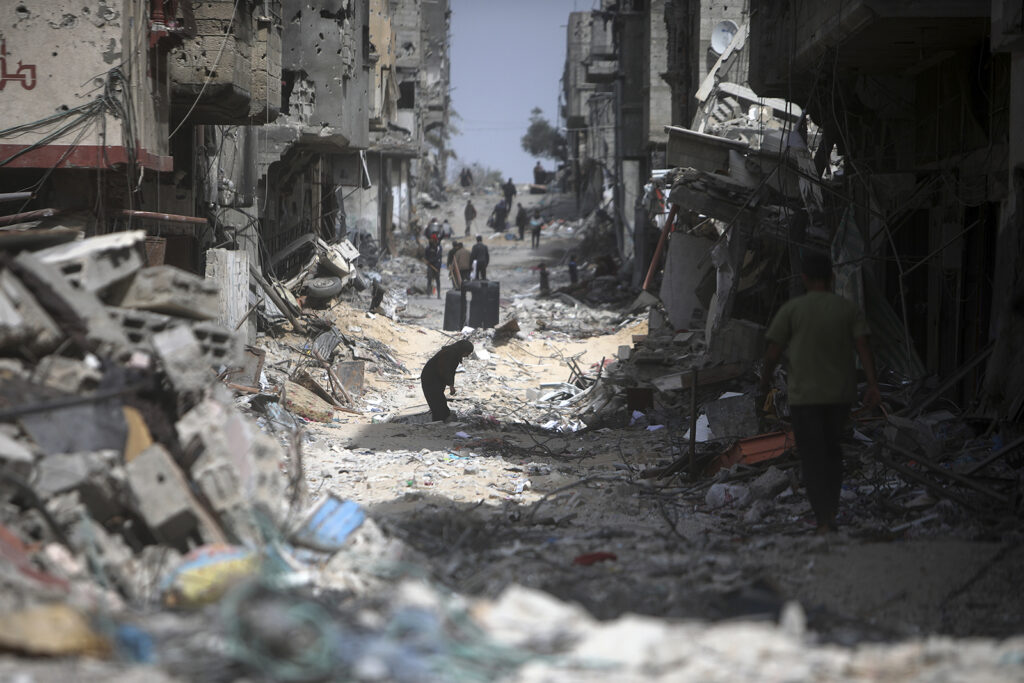
Every year between 500 and 700 Palestinian children are tried in the West Bank under Israeli military law. Ensuring that minors receive treatment in accordance with the needs of their age within criminal justice systems is a widely accepted principal of international law.
The existence and continuing expansion of illegal Israeli settlements on Palestinian lands increasingly dims the hopes and realistic prospects for a two-state solution and is a major threat to peace.
Israel is considering whether to annex large parts of the West Bank with the U.S. government supporting and coordinating the annexation. What does this mean? How will this impact the daily lives of Palestinians and the prospect for peace?
Israel is considering whether to annex large parts of the West Bank with the U.S. government supporting and coordinating the annexation. What does this mean? How will this impact the daily lives of Palestinians and the prospect for peace?
The Palestinian-Israeli Conflict is quickly approaching its one hundredth year. A just and lasting solution to the Palestinian-Israeli conflict would not only serve the cause of peace and justice in the Holy Land but also promote peace in the broader Middle East region in general.
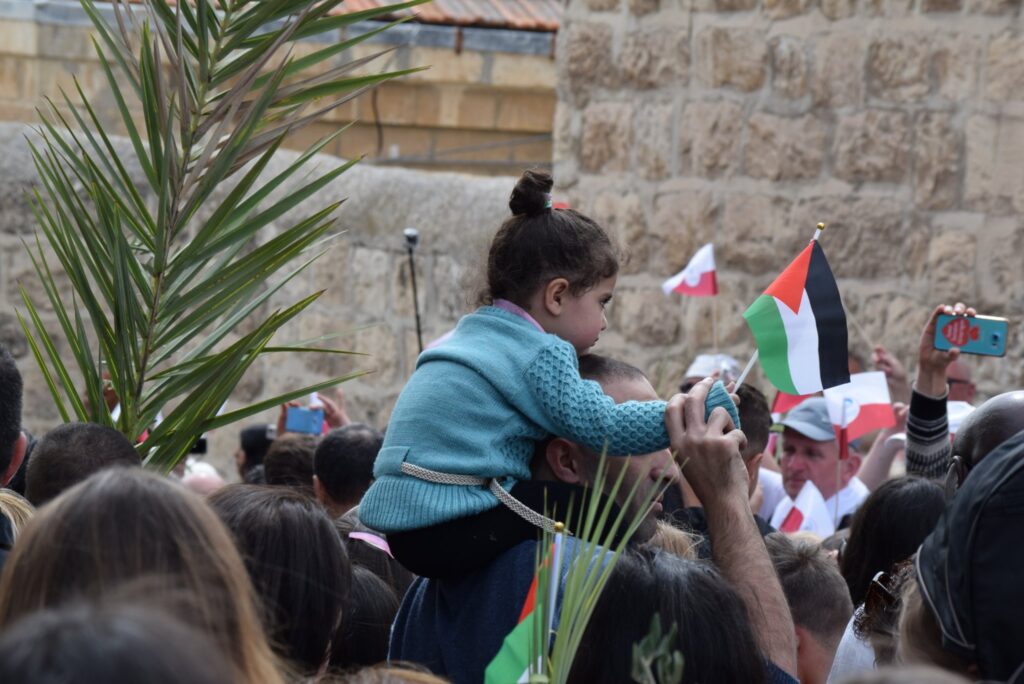
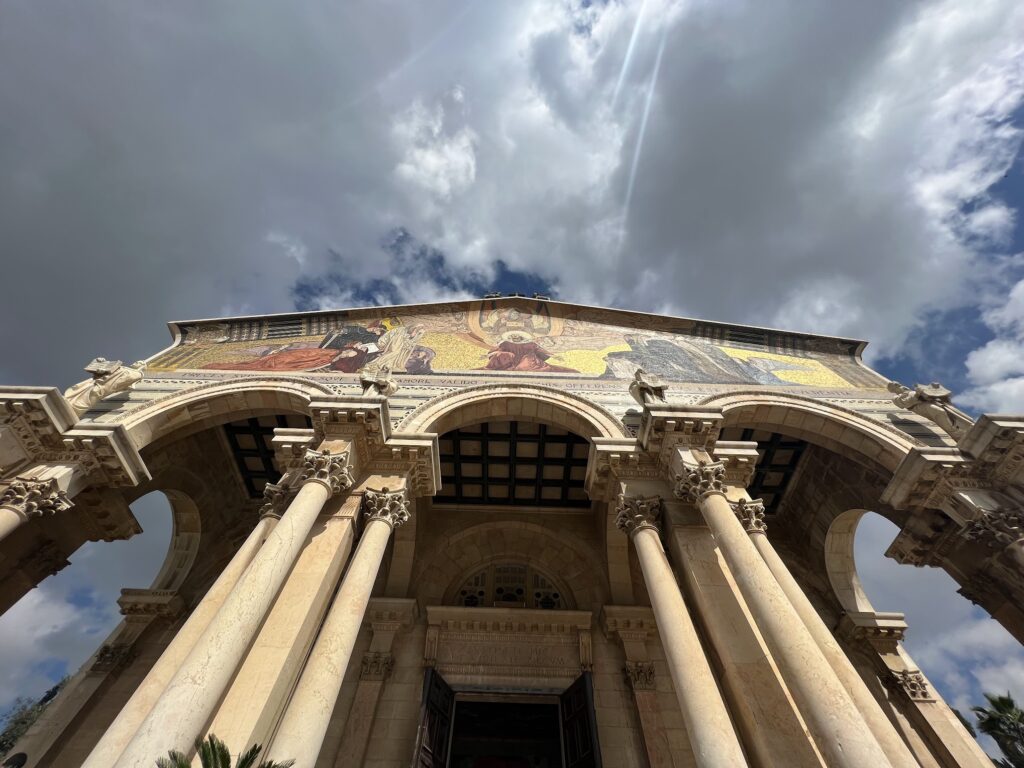
Sacred to Jews, Muslims, and Christians alike, the status of Jerusalem must be resolved in a comprehensive Israeli-Palestinian peace agreement, assuring access to the Holy Sites for all three faiths.
Learn more about various regional cotexts across the Middle East
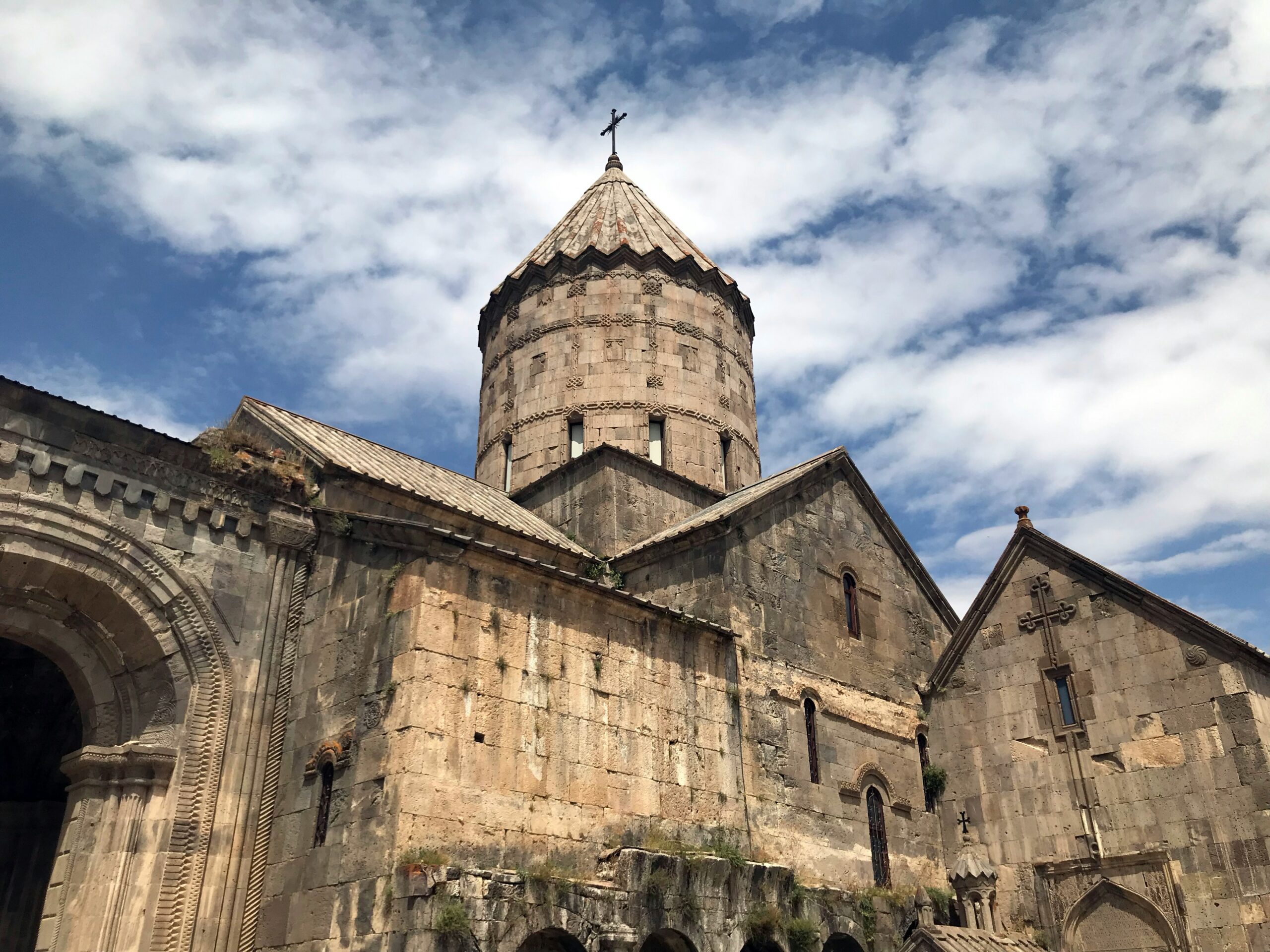
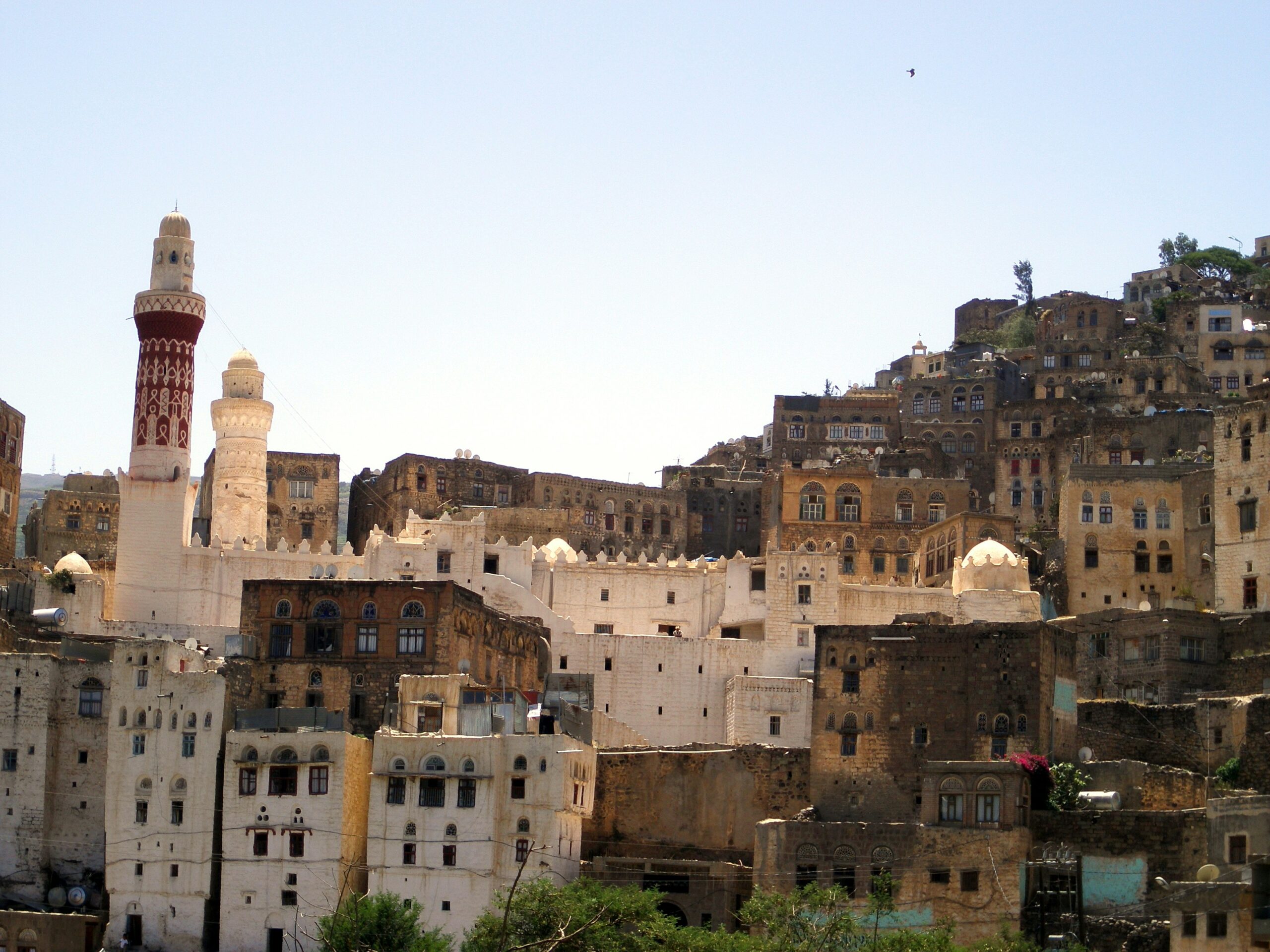
110 Maryland Ave NE #505
Washington, DC 20002